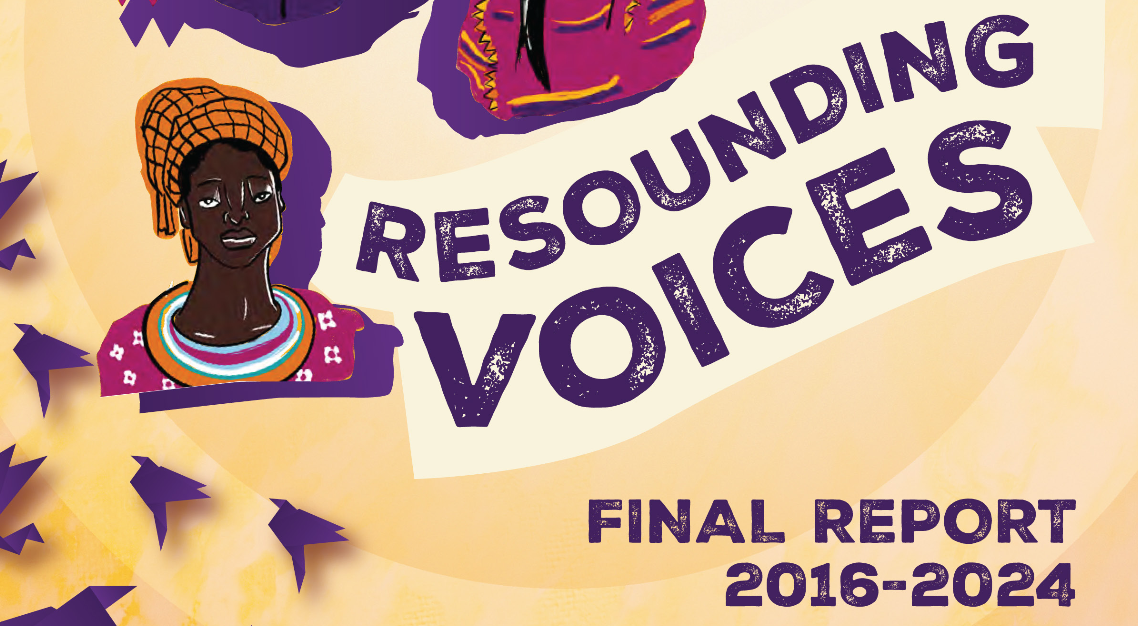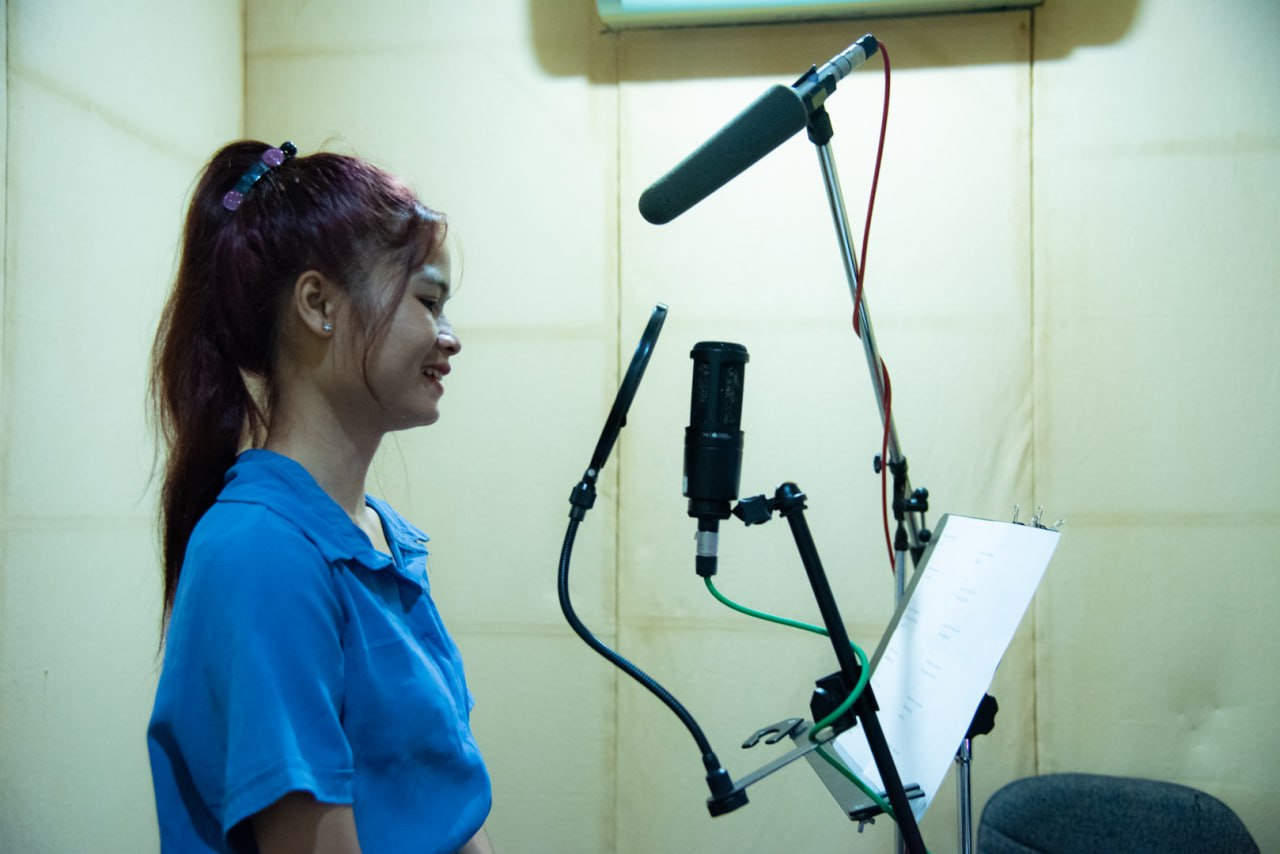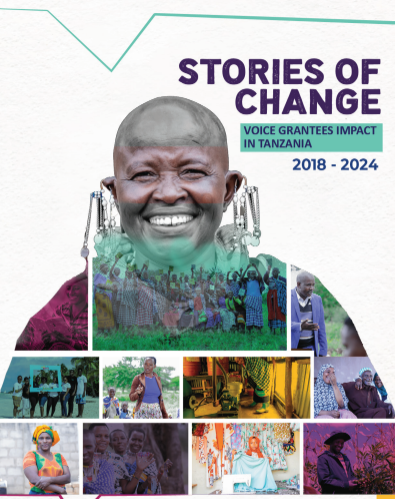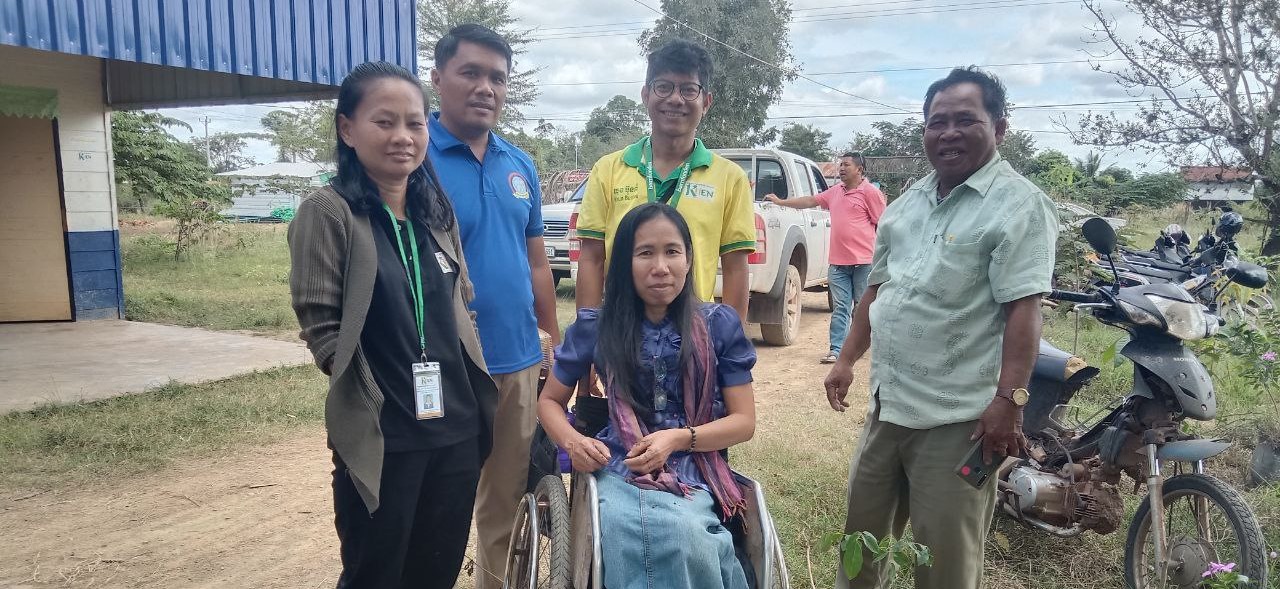From land tenants to land owners providing for their families and influencing governance policies
After waiting for more than twenty years 107 right holders became fully fledged land owners under the Comprehensive Agrarian Reform Program (CARP) and they peacefully settled on their farm plots and started production. In October 2020 following successfully lobbying and advocacy, the Department of Agrarian Reform (DAR) launched the Support to Parcelization of Lands for Individual Titling Project (SPLIT) to grant individual titles to collective Certificate of Land Ownership Award (CLOA) holders as mandated under Comprehensive Agrarian Reform Program (CARP) within a 3-year deadline.
Land ownership remains a problem in Leyte. Before ORKALEFF intervention, the lives of the target beneficiaries was hard. They were not able to access or attain total control of the farmlands that were awarded to them by government. Some rights holders had to pay rents to the previous owners in order to cultivate the land which was now legally theirs. Some new landowners experienced threats from landlords who strongly resisted awarding their land to the Agrarian Reforms Beneficiaries (ARBs). Asking for help from concerned agencies had always been a challenge for the Agrarian Reforms Beneficiaries (ARBs) because the decisions were always not in their favor, more so the ageing farmers. There was blatant discrimination.
The advancing age of the land reform beneficiaries ranging from the 50s or mid 60s was a point of concern because it was feared that they ran the risk of pawning off and selling their awarded land and coupled with the fear of their inability to make the land productive. In some cases, the beneficiaries had died during the wait to be awarded and so it would be their heirs who would be left to utilize the land. There was a fear that them and their heirs might be disenfranchised and left out of the SPLIT project. This called for urgent interventions to ensure that they remain qualified to benefit and that they understand the repercussions of individual titling under SPLIT.
In preparation of the land parcelization, ORKALEFF carried out trainings, dialogues and negotiation activities on land ownership rights and processes as well as land production practices. At the same time, the paralegals started to build their self-confidence to lobby and negotiate their demands from the DAR authorities while ORKALEFF developed a social relationship with the different agencies. This resulted in establishment of a good rapport with the DAR, local government units, the Philippines National Police and other partners and organizations and support groups by following the official processes and the rule of law. Through these paralegal trainings and community orientations, they learnt their rights and responsibilities as ARBs
“We are most proud of the installation of the 107 agrarian reform beneficiaries into their awarded lands under the Comprehensive Agrarian Reform Program (CARP), the titles of which were given 20 years ago. Now as ageing or senior farmers, they are finally able to plan for their farm development as landowners. Six ARB organizations were involved in the project whose members actively participated in conducting meetings, planning, follow-ups with government agencies for their required legal documents and scheduling of their installations. Also, the ORKALEFF leaders now took the lead in preparing their member organizations for the installation activities.”
To ensure continued production of the land, ORKALEFF supported the farmers with farm inputs and capacity strengthening workshops allowing them to grow crops based on their own farm plans. The new farmers moved from sugar or rice mono cropping to inter cropping. Over time, there was diversification of crops from crops to vegetables and livestock that has augmented their income after only one harvest based on the current accounts. Consequently, some were able to support their family needs while others were able to support their children’s online learnings or even send their children to college because of the income they got from their harvests. This has led to a change and improvement in the lives of the farmers, economically and politically as they are able to have enough food for their needs and at the same time also able to influence local government units and other key decision makers for the general welfare of all members of their community. A new challenge presents itself, how to sustain their farm productivity and ensure protection of tenure of their awarded land. With the emergence of the COVID 19, rightsholders’ confidence and commitment to end their landlessness became even stronger







